A Twitter Moment with Africa’s Straight Shooter: George Ayittey
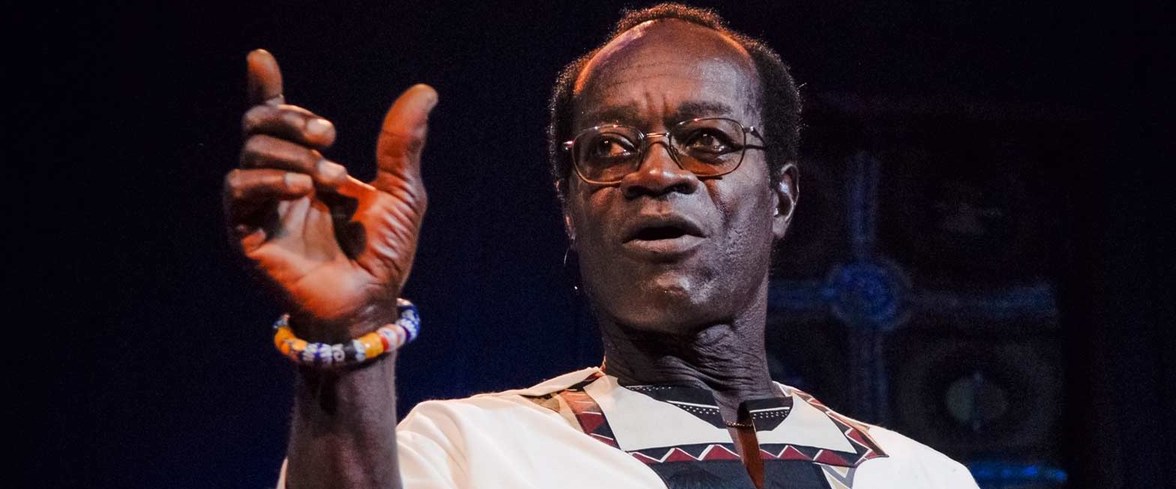
A Twitter Moment with Africa’s Straight Shooter: George Ayittey
During the past five years of my stay in the United States, I have come across different members of the African diaspora who are passionate about the future of the continent. I’ve talked to ambitious educated individuals who’ve expressed their determination to one day go back and contribute. On the contrary, I’ve also come across some members of the African diaspora who have completely decided to detach themselves from their home countries due to complex personal or political reasons. However, the most unique kind I’ve come across so far are the educated elite who selectively decide to support some aspects of leadership in their home countries and silently condone bad political actors. This is despite a clear knowledge and understanding of what it means to have rights and freedoms protected in their adopted countries. 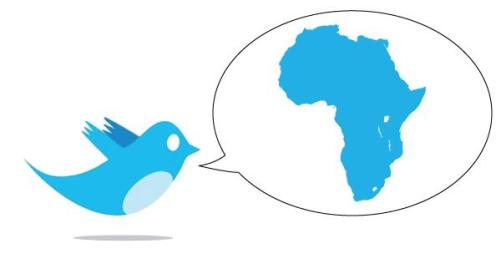
In past blog entries, I gave examples of challenges of assimilation and also the hard work of African immigrants who excel in so many ways and become successful abroad. But sometimes I also find myself thinking about serious issues the continent has in terms of growth in its civil society, leadership, accountability and serious governance issues.
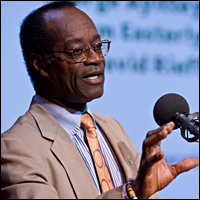 So, I dared to throw a question to one of the straightest shooting public intellecturals from Africa: George Ayittey, a Ghanaian economist, author and president of the Free Africa Foundation in Washington D.C. I wanted to see what he thinks about some educated elite of Africa and their indifference to dictatorial impunity on the continent. I simply asked: “Why do some educated Africans shut their brains off when they see some things that are clearly wrong?” Ayittey didn’t let me down. Without beating around the bush, he dove straight in and unpacked my rather general question, which I believe, could apply to different countries in Africa. He said that there are three possible reasons. I have decided to post some of the text from his response. Below are the three reasons he listed:
So, I dared to throw a question to one of the straightest shooting public intellecturals from Africa: George Ayittey, a Ghanaian economist, author and president of the Free Africa Foundation in Washington D.C. I wanted to see what he thinks about some educated elite of Africa and their indifference to dictatorial impunity on the continent. I simply asked: “Why do some educated Africans shut their brains off when they see some things that are clearly wrong?” Ayittey didn’t let me down. Without beating around the bush, he dove straight in and unpacked my rather general question, which I believe, could apply to different countries in Africa. He said that there are three possible reasons. I have decided to post some of the text from his response. Below are the three reasons he listed:
“The FIRST possible reason is loyalty, affiliation, patronage or consideration. Some educated Africans may be active supporters of a terrible regime because of the perks, privileges or patronage they receive or expect to receive. Such people will defend the regime to the hilt. Others may feel ‘connected’ to the regime by tribe, religion, ideology or party affiliation. Such people will simply remain silent when things are clearly wrong in an attempt to cut the regime some slack, hoping that it might correct its mistakes.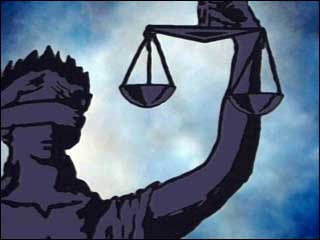
The SECOND explanation is intellectual astigmatism. Many educated Africans of the 1960s and 1970s generation were fed and raised on the ‘externalist orthodoxy’ – that everything that went wrong in Africa was caused by hostile external forces – Western imperialism, neo-colonialism, the World Bank, IMF, unjust international economic systems, etc. These educated Africans can see with eagle-eyed clarity the injustices perpetrated against Africans by whites or Westerners but are hopelessly blind to the equally heinous injustices perpetrated against Africans by their own leaders. They only see wrong-doing when it wears a white or Western face (intellectual astigmatism).
Many of them in this category are teachers, lecturers and professors, who, in my view, have done enormous damage to their students. They have written articles, books, etc. and built their careers peddling the externalist orthodoxy. So when something goes terribly wrong in Africa, their instinctive reaction is to look for a foreign conspiracy and refuse to hold the leader accountable or responsible. For example, if some African leader butchers some of his people it is NOT his fault; rather, it is the fault of the US or Britain for supplying him with the weapons or propping him up.
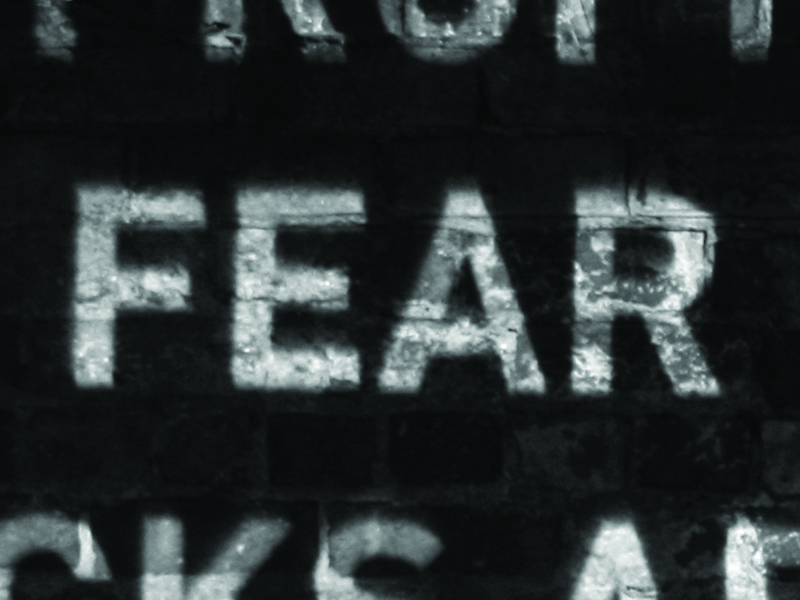 The THIRD reason is FEAR. Many educated Africans keep quiet when things go wrong out of fear that they may lose their jobs, reprisals may be taken against them or their families. Though the situation has improved marginally in recent years, intellectual repression prevails in much of Africa. Say something an African government doesn’t like and ‘Poof!’ you are either dead, in exile or in jail. Security agents trailed me in Ghana and Zimbabwe; raided my hotel room in Kenya, and tossed me into jail in Senegal. Even in the U.S., I was not safe – received threatening phone calls and my office at American University was fire-bombed in 1999. But one can fight back. The trick is to adopt another African country.”
The THIRD reason is FEAR. Many educated Africans keep quiet when things go wrong out of fear that they may lose their jobs, reprisals may be taken against them or their families. Though the situation has improved marginally in recent years, intellectual repression prevails in much of Africa. Say something an African government doesn’t like and ‘Poof!’ you are either dead, in exile or in jail. Security agents trailed me in Ghana and Zimbabwe; raided my hotel room in Kenya, and tossed me into jail in Senegal. Even in the U.S., I was not safe – received threatening phone calls and my office at American University was fire-bombed in 1999. But one can fight back. The trick is to adopt another African country.”
You can follow George Ayittey on Twitter and also read the original repose in its entirety here.
Here is also a video from TED that Africa Talks viewers might find interesting. In an impassioned presentation in 2007, he expresses his disappointment toward corrupt leaders in Africa and explains how it’s time for what he calls the “Cheetah Generation” to take back the continent from the “Hippo Generation.”
George Ayittey on Cheetahs vs. Hippos
In this second video below, Ayittey explains what is meant by the “Cheetah Generation.” He says it is “the new and angry generation of Africans who can see that their leadership has failed them . They’re not going to sit there and wait for governments to come and do things for them. As a matter of fact, they’re not going to sit there and beg for foreign aid, because they can see that every social need in Africa is a business opportunity. The Cheetah Generation is entrepreneurial.”










